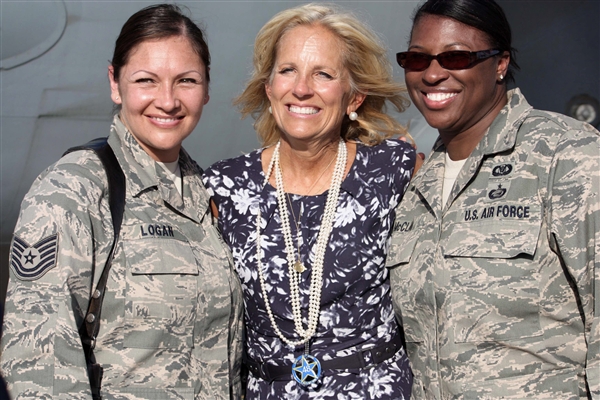LONDON, June 8, 2010 — If Iran were to succeed in acquiring nuclear weapons, the subsequent chain of events would make that country less secure, Defense Secretary Robert M. Gates said here today.
During a news conference, both Gates and British Defense Secretary Liam Fox expressed confidence that the United Nations Security Council soon will pass a new resolution imposing sanctions against Iran for its nuclear program and that more unilateral sanctions could follow from countries concerned about Iran’s nuclear ambitions.
Gates said he believes it’s not too late, and that international cooperation has the potential to stop Iran from developing nuclear weapons.
“The key here is a combination of diplomacy and pressure to persuade the Iranians that they are headed in the wrong direction in terms of their own security – that they will undermine their security by pursuit of nuclear weapons, not enhance it,” he said. “For one thing, their obtaining a nuclear weapon would almost certainly lead to proliferation of nuclear weapons elsewhere in the Middle East and a number of other countries.”
Fox said Iran is an increasingly militarized country with a hard-line, theocratic leader, and that it has shown in Iraq and Afghanistan its willingness to destabilize its neighbors.
“And thirdly, I think the overwhelming fear we have is that if Iran is to become a nuclear-weapons state, it may well be the end of [the Nuclear Nonproliferation Treaty] as we know it,” Fox continued. “And after all that sacrifice that both of our countries made getting us to the end of the Cold War, limiting nuclear proliferation, and having celebrated last year the 20th anniversary of the fall of the Berlin Wall, we surely want to do more than leave the next generation a legacy of a new nuclear arms race in the world’s most unstable region.”
Gates said the Security Council resolution would set the stage for further action from the international community.
“One of the many benefits of the resolution is that it will provide a legal platform for individual nations to then take individual actions that go well beyond the resolution itself,” he explained. “And I believe that a number of nations are prepared to act pretty promptly. But first things, first. The key is getting the resolution.”
Fox said the resolution would make clear to Iran’s leadership that the world takes the issue seriously, and that it would send a signal to the Iranian people that the international community has a quarrel with their government’s nuclear program and not with them.
The Security Council resolution, Fox added, also would show that the series of sanctions against the Iranian leadership is not being applied by a small number of countries, but rather by “the entire global community, which is united in international law in trying to prevent what would be a major destabilization in terms of international security.”
Source:
U.S. Department of Defense
Office of the Assistant Secretary of Defense (Public Affairs)

 von
von 